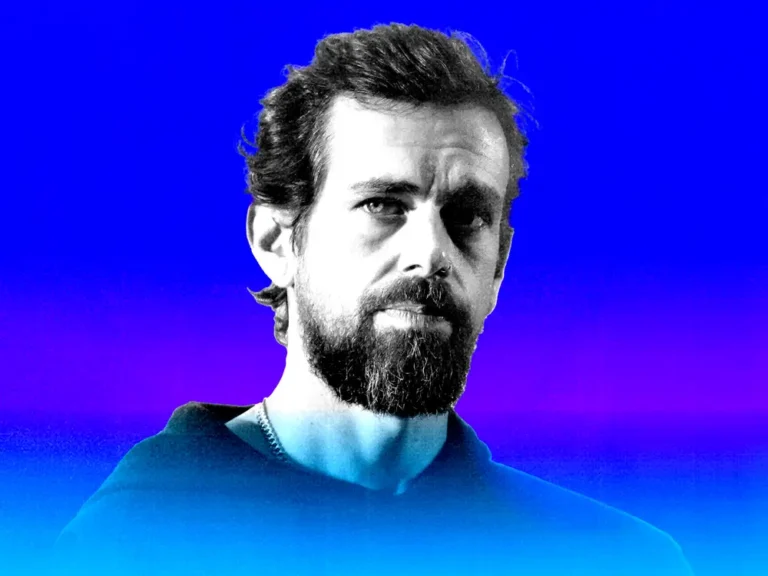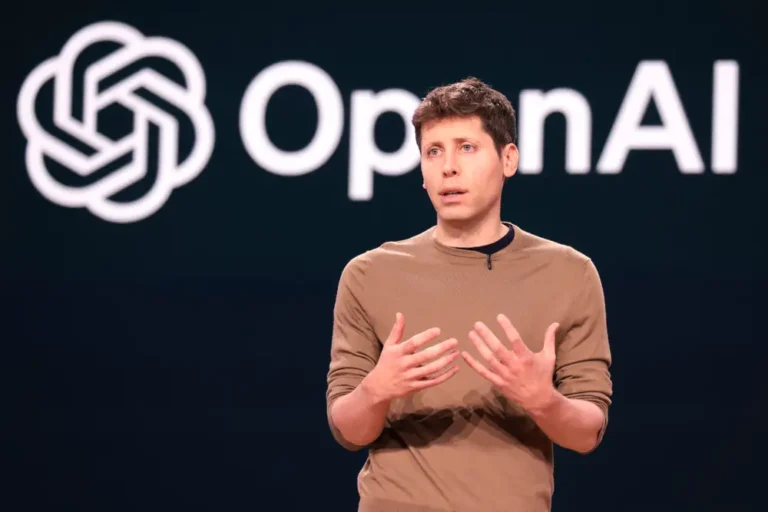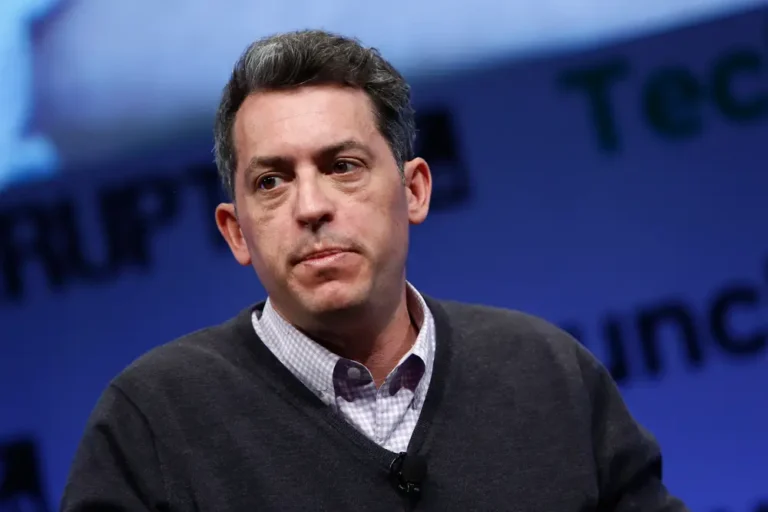Mark Zuckerberg and Priscilla Chan told leaders of their charity to ‘clarify’ their work. The result was layoffs, a plan to invest in AI, and a tacit admission their big education project failed.

- Zuckerberg and Chan last year started to look more closely at how their philanthropy org was running.
- Before laying off 48 people this week, the organization conducted a smaller layoff early this year.
- Now, the org is looking at AI and giving up on a well-known product it spent tens of millions on.
Last year, Mark Zuckerberg and Priscilla Chan directed the executives of their philanthropic organization, the Chan Zuckerberg Initiative, to explain and justify their projects.
Those in charge of CZI’s core initiatives in science, education, and community had to “clarify the scope of their work” to the Meta founder and his wife, who founded CZI nearly eight years ago and co-run it. After writing clarifications, the executives were told to “create strategies with an unwavering focus on CZI-shaped problems,” according to a lengthy internal document obtained by Insider that explains why CZI recently laid off dozens of employees.
The mandate for new strategies came as Meta, formerly known as Facebook, faced slowing revenue growth and a plummeting stock price for the first time in its history. It prompted Zuckerberg to halt Meta’s hiring, implement multiple rounds of layoffs, and adopt a new persona as a cost-cutting, Wall Street-pleasing CEO. CZI is entirely supported by the enormous wealth he and Chan have amassed as a result of Meta’s success.
After two rounds of layoffs this year, the philanthropy is undergoing one of the most significant changes in its history. According to two people familiar with the company, prior to this week’s layoffs of 48 CZI employees, the company laid off about 15 people in recruiting in February. It was an early indication that Zuckerberg’s new efficiency mindset was not limited to Meta.
This week’s layoffs were more extensive than the previous round, primarily affecting its education group, particularly junior engineers, but also some management-level employees.
According to internal emails from Chan and Sandra Liu Huang, CZI’s head of education and vice president of product, after examining everyone’s scopes of work and strategies for how this work fit into “CZI-shaped problems,” CZI’s leaders thought a major shift in strategy for education philanthropy was in order.
According to the emails, the organization will no longer grant money for educational policy, which has been a major part of CZI’s work since its inception. According to its website, it hasn’t given any money toward educational policy since 2022.
CZI will instead concentrate on grants to “support product development,” according to an internal document. It also intends to invest in artificial intelligence to assist with some of the organization’s work. “We will need to train our staff… across the organization to better understand how AI can impact our work.” We intend to invest in this.”
According to a person familiar with the situation and internal documents obtained by Insider, CZI has already invested heavily in educational product development, and people working on both of CZI’s two main products were targeted in this week’s layoffs.
Summit Learning and Along are two well-known products created with CZI grants to a non-profit organization called Gradient Learning, of which Chan is one of four board members. Both tools were built in large part by CZI and Meta technical staff.
According to the organization’s website, CZI has given Gradient approximately $130 million since 2018, with the most recent grant in 2022.
CZI stated that as part of its “refreshed strategy,” it is “transitioning” how it supports Summit Learning. According to a person familiar with the organization, CZI is discontinuing its support for the program entirely. A CZI spokesperson told Insider that the notion that the organization was withdrawing all financial support from Summit Learning was incorrect, but declined further comment.
Summit Learning had been adopted by approximately 400 schools by 2020, and it is also used by Summit Public Schools, which operates charter schools in California and Washington and has received nearly $30 million from CZI since 2018. The Summit Learning program was lauded by CZI as a successful technology tool that enables teachers to curate work for students, mentor them, and better track their progress.
However, in recent years, the platform has faced criticism from students and experts, including a 2020 report from The National Education Policy Center at the University of Colorado at Boulder, which called the product’s claims of success into question and raised concerns about “massive amounts of student data” being collected.
One Summit Public school with two campuses closed completely in June, citing a lack of funding.
The new strategy, which has been communicated to CZI’s approximately 500 employees, is to seek out new educational products. “We will incubate many new ideas at once and iterate quickly,” according to the document. Particularly “point solutions,” as the document referred to them, which are tech products that do a specific task rather than a broad platform with many functions.
According to one of those familiar, no new CZI product for education is planned for this year.
CZI cited a need for new products as another reason for laying off mostly junior engineers. “We simply have too many junior staff for this next stage, because our organization was built for a different strategy – a more stable singular learning platform,” according to the document.
The document promised that the new education strategy would be “energizing and exciting.” People familiar with the organization, however, see a future in which education is yet another abandoned “pillar” at CZI. CZI effectively ended its work focused on politics and related criminal justice advocacy in 2021. Politics, along with education and disease eradication, was one of its founding areas of work.
“I give it two more years,” one person familiar with CZI’s current education work said.






